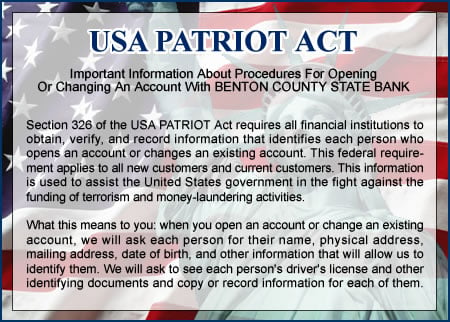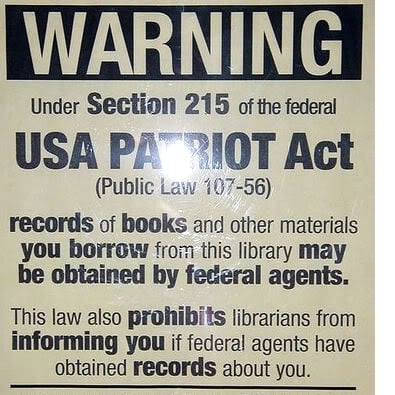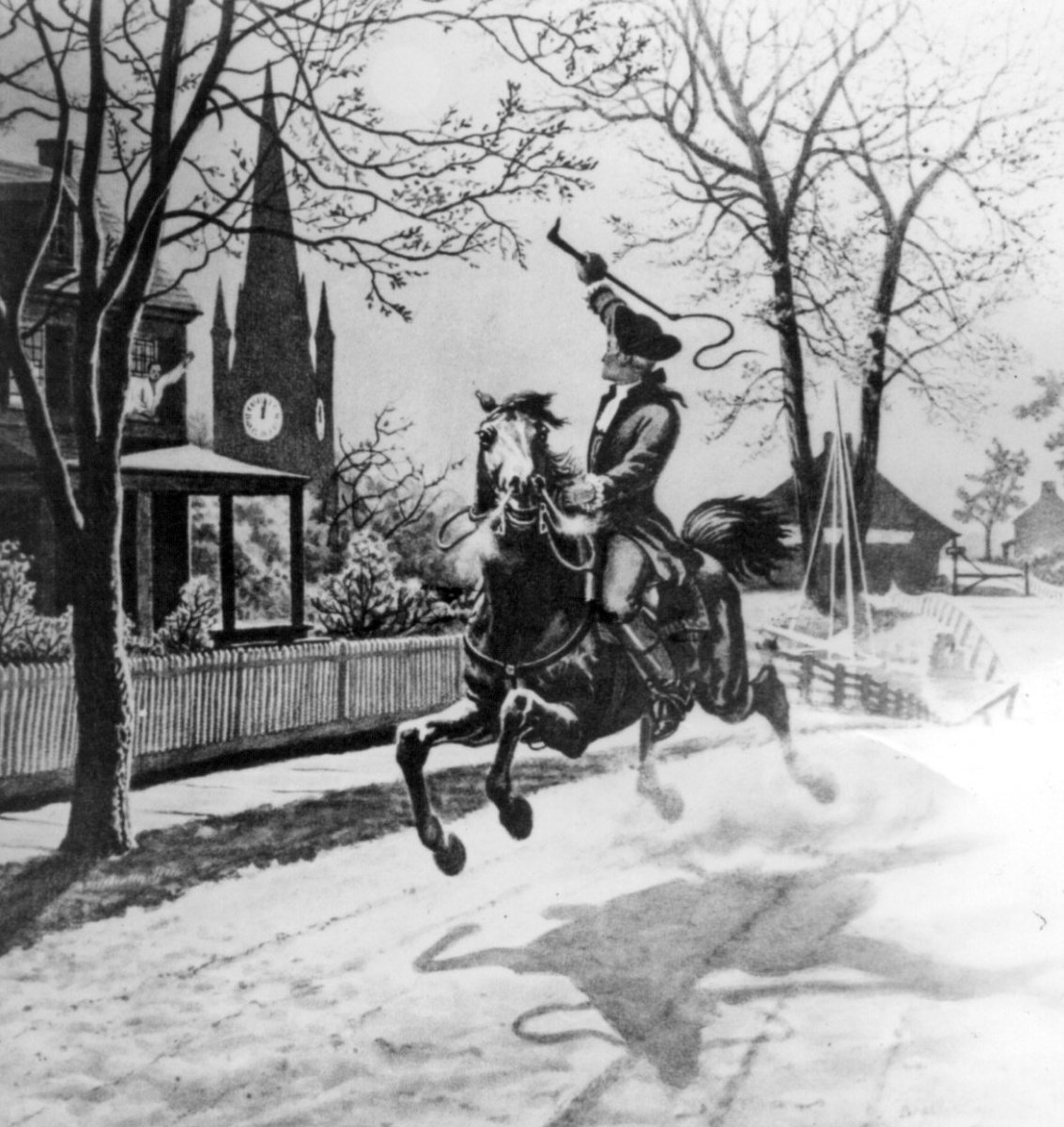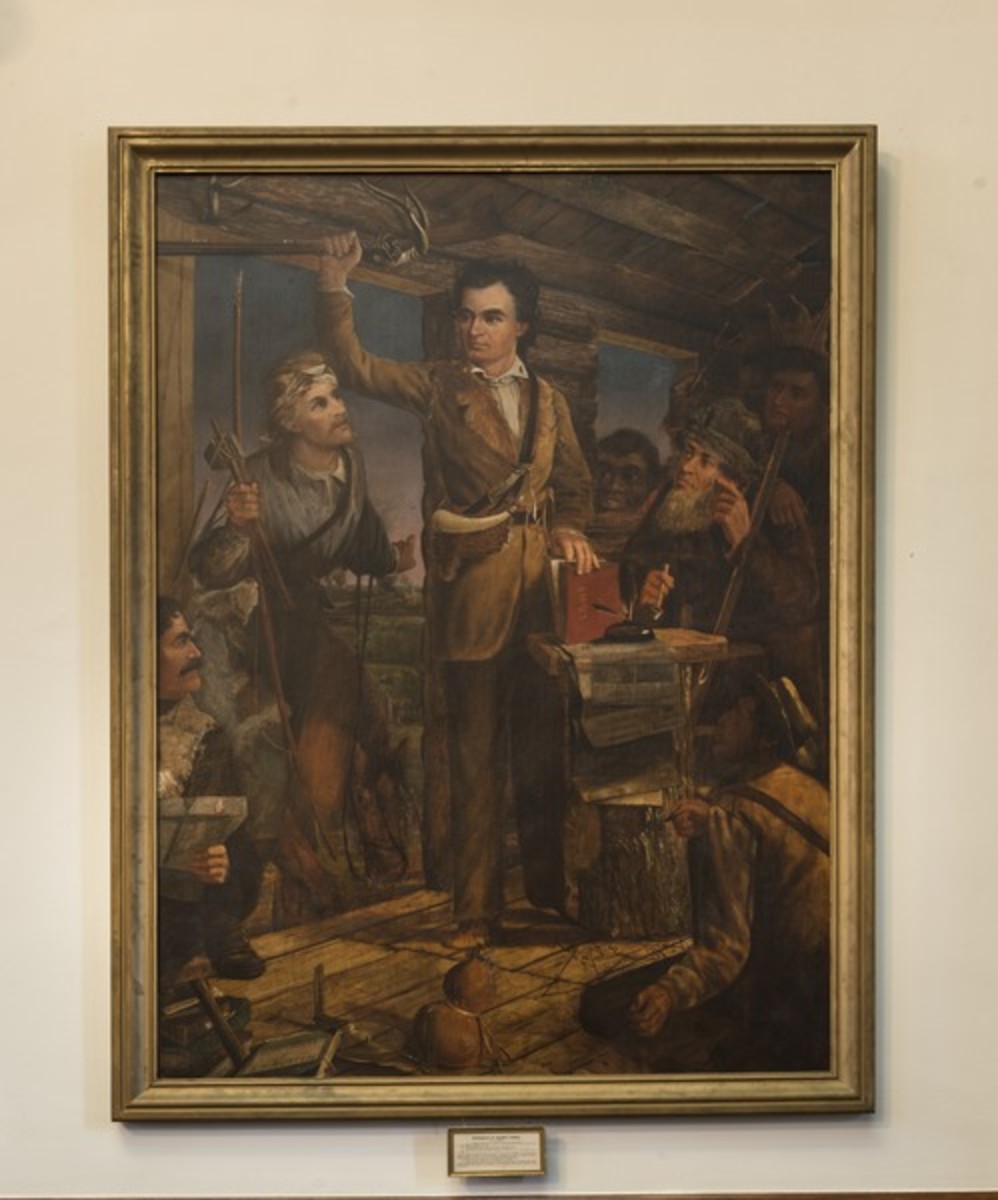- HubPages»
- Education and Science»
- History & Archaeology»
- History of the Americas
The Unpatriotic Patriot Act
The USA PATRIOT Act
In my personal opinion the 'Patriot Act' is unconstitutional, against civil rights and liberties, and vague. "One of the first post—September 11, 2001, legislative outcomes was adoption of the USA PATRIOT (Uniting and Strengthening America by Providing Appropriate Tools Required to Intercept and Obstruct Terrorism) Act. The intent of this legislation was to plug holes in domestic intelligence gathering considered to have developed over previous decades. The legislation was controversial because it dropped many of the safeguards that Americans had come to expect for protection against government interference in their private affairs" (The 9/11 Encyclopedia, 2011). "The USA PATRIOT Act broadly expands law enforcement's surveillance and investigative powers and represents one of the most significant threats to civil liberties, privacy and democratic traditions in U.S. history. The act in its current form gives sweeping United States Unconstitutional search and surveillance to domestic law enforcement and foreign intelligence agencies and eliminates checks and balances which had been the difference between the free world and the suppressed" (Los Angeles Examiner, 2013). The 'Patriot Act' ruins lives, as can been seen in the case of former Army Lieutenant and lawyer Brandon Mayfield; "the federal government imposed warrantless surveillance and a 'sneak-and-peek' search of his home upon the innocent U.S. citizen and Muslim convert and arrested him on a 'material witness' warrant, even though officials never intended to have him testify in court" (Eddlem, 2011). Mr. Mayfield is not the only one who this happened to, in fact it happened to quite a few American citizens, one of them going by the name of Abdullah al-Kidd; "the same thing happened to native-born American citizen al-Kidd. A former football star at the University of Idaho, al-Kidd (born Lavni T. Kidd) converted to Islam during college and was abducted by FBI agents using the same 'material witness' pretense" (Eddlem, 2011). If these two bogus cases do not convince you that the 'Patriot Act' is bad for American citizens and infringes upon our fourth amendment rights think about the fact that the NSA has records of all of our phone conversations.
This information was released by the Gaurdian on June 5, 2013. Millions of American telephone conversations are recorded and filed by the National Security Agency, and they even pay more attention to the calls with unique identifiers. The NSA is also paying close attention to the length of time people are on the telephone. While these findings outrage many American citizens Obama defends the 'Patriot Act'; "the Obama Administration responded to this outrage by releasing a 'White Paper' outlining the legal justifications for the program. The 'White Paper' argues that the program is legal under section 215 of the 'USA Patriot Act' because repositories of Americans' phone records are "relevant" to discreet authorized investigations under this provision" (Harvard Law Review, 2014). Not only are they looking at our phone records they are also looking at all of our social network sites and messages on those;
[For example, in June 2013, in a sweeping effort to prevent terrorism, it was disclosed that the USA PATRIOT ACT's business records provision (Section 215) was the basis for a secret Foreign Intelligence Surveillance Court order allowing the FBI to compel Verizon to produce details of all domestic and international phone calls placed on its network. That disclosure led to the public discovery of a related larger, but previously unknown government surveillance program (PRISM), that gave the National Security Agency direct access to Google, Facebook, Apple, and other Internet providers in an analogous antiterrorism effort to collect data from their users, including search histories, e-mail contents, file transfers, and live chats (Greenwald and MacAskill, 2013; Toomey, 2013)] (Banks and Tauber, 2014).
Law enforcement individuals used to have to follow state laws and requests, now, if you call someone in California while living in Virginia, and the government thinks you two committed a crime of terrorism together based on what they hear in the conversation, law enforcement only has to get one warrant from a federal judge in order to arrest you both instead of a separate warrants from each state; "previously, if law enforcement needed to have access to data held by communications providers in multiple states, it had to seek separate warrants from separate judges. The Patriot Act amendments allowed this type of investigation to require only one search warrant to be obtained from one federal judge" (Gilbert, 2013). While this seems to be a good thing is can also be a bad thing as it makes the arrest process and court process faster. The government can construe a conversation in any way they want to in order to obtain a warrant to search someone's house. This is an infringement upon our rights against unreasonable searches and seizures. The Patriot Act also means that; "the government could conduct warrantless searches of private property without notifying the owners or securing a warrant. The government did not need to demonstrate probable cause or even reasonable suspicion in order to pick up, detain, and, if so desired, deport any suspected terrorist" (Ivers, 2013). Out of everything that I read I had one question the whole time; "what is reasonable suspicion that one is a terrorist and is engaging in terroristic actions against the American government?" This is the reason that I say the act is vague, it does not really give a great description on what terrorist activities are, which means they could technically be anything and are not really limited to certain behaviors or actions. I understand that people think this act has protected us in the US for the last few years, from terrorists and other anti-government agencies. Obviously this is not the case because there is a new faction since Al-Qaida and people from our country are joining it. This act does not protect our rights as individuals, it gives the US government a reason to be nosy. It hurts United States citizens rather than protecting us. I agree with everything that has been said about the Patriot Act, I do believe is it unpatriotic, I do believe it is unconstitutional and I believe it is an act created by the government to watch the American people go about their daily tasks. What is next...human experimentation and the zombie apocalypse?
Resources
(2013, June 14). Patriot Act is un-constitutional. Los Angeles Examiner (CA)
Banks, C. P., & Tauber, S. (2014). U.S. district court decision-making in USA PATRIOT act cases after september 11. Justice System Journal, 35(2), 139-161. Retrieved from
http://search.proquest.com/docview/1532457697?accountid=32521
Eddlem, T. R. (2011). Anti-Fourth Amendment Patriot Act. New American (08856540), 27(8), 17-21
Gilbert, F. (2013). DEMYSTIFYING THE UNITED STATES PATRIOT ACT1. Journal of Internet Law, 16(8), 3-7. Retrieved from
http://search.proquest.com/docview/1288718526?accountid=32521
Ivers, G. (2013). Constitutional law: An introduction. San Diego, CA: Bridgepoint Education, Inc.
NATIONAL SECURITY -- TELEPHONY METADATA COLLECTION -- WHITE PAPER ARGUES METADATA COLLECTION IS LEGAL UNDER THE USA PATRIOT ACT. (2014). Harvard Law Review, 127(6), 1871-1878.
The 9/11 Encyclopedia. (2011). USA PATRIOT Act: Credo Reference Collections. Web. 2 Oct. 2014.

Protest for Your Rights!

Should It Be Called the Unpatriotic Act?

Go Ron Paul!
1. Patriot Act - The War on Civil Liberties
Do you think that the Patriot Act should be done away with?
Rate the Patriot Act!
© 2014 Kelly Miller





